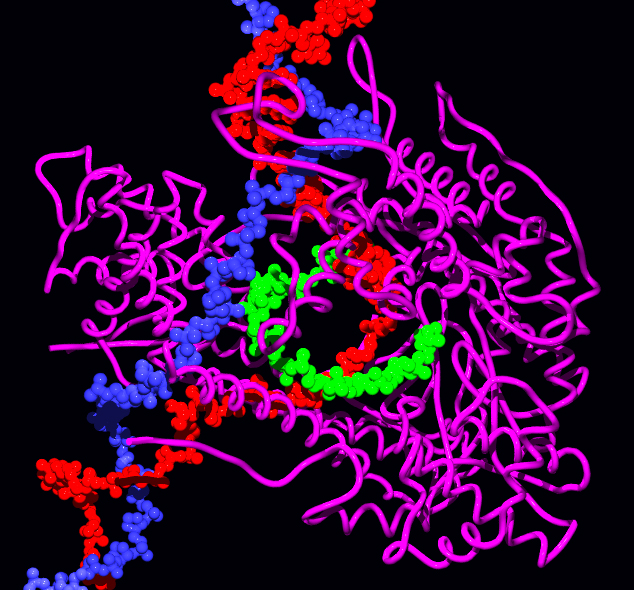New RNA Diagnostic Tool Enhances Control of African Trypanosomiasis in Livestock

Researchers have unveiled a groundbreaking RNA diagnostic tool designed to detect trypanosome parasites in livestock, a significant advancement in controlling African trypanosomiasis, also known as Nagana. This research, published in the peer-reviewed journal eLife on June 17, 2025, employs a CRISPR-based technique, termed Specific High-Sensitivity Enzymatic Reporter unLOCKing (SHERLOCK4AAT), which enables accurate detection of various trypanosome species that cause the disease in animals.
African trypanosomiasis poses a considerable threat to livestock, affecting over a million animals across 37 countries in Africa and resulting in an estimated economic loss of $4.75 billion annually in agricultural GDP. The disease is not only a concern for animal health but also a potential reservoir for human-infectious trypanosomes that can impact public health efforts aimed at eliminating human African trypanosomiasis (HAT).
According to Dr. Roger-Junior Eloiflin, a Research Assistant at INTERTRYP, University of Montpellier, France, "Active and accurate surveillance of the infection status of domestic animals using reliable diagnostic tools will be key to reaching and sustaining the World Health Organization's goal of eliminating HAT. However, current methods for diagnosing AAT are limited by a lack of sensitivity and reliability."
The SHERLOCK4AAT toolkit adapts previously successful diagnostic methods for human African trypanosomiasis to the veterinary context, increasing sensitivity by detecting specific regions of the parasites' nucleic acids. The researchers focused on identifying DNA targets within highly conserved and species-specific regions of trypanosomes that are significant to livestock health. Their tests, which included multiplexed assays, demonstrated a detection limit of 10 to 1,000 parasites per milliliter, comparable to existing molecular tests.
In field trials conducted in Côte d’Ivoire and Guinea, the tool revealed that 62.7% of free-ranging and farm pigs were infected with at least one species of trypanosome. Notably, the presence of Trypanosoma brucei gambiense, a human-infectious strain, in some animals raised concerns about pigs potentially acting as reservoirs for human infections.
Dr. Brice Rotureau, Research Director at Institut Pasteur, emphasized the importance of these findings, stating, "Because of their proximity to humans and their easy access for frequent sampling, pigs could be used as sentinels to monitor the circulation of human-infectious trypanosomes using the SHERLOCK4AAT toolbox."
This innovative diagnostic toolkit represents a crucial step towards improving animal health management and controlling the spread of trypanosomiasis in African livestock. By enhancing disease surveillance capabilities, it aims to mitigate economic losses while contributing to broader public health goals.
The implications of this research extend beyond agriculture; as livestock and human health are intertwined, improved control of animal diseases can significantly influence the incidence of human diseases linked to zoonotic pathogens. The continued development and implementation of tools like SHERLOCK4AAT will be vital in addressing these challenges effectively in the future.
Advertisement
Tags
Advertisement





